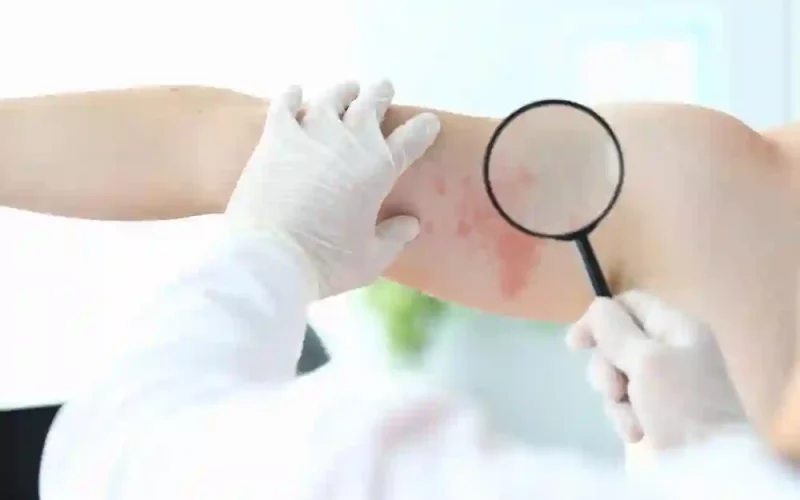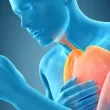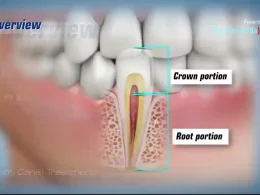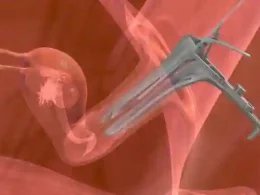If you have an allergy, you are likely to have itchy welts called hives. Hives often appear as bumps on the skin and are red in color, although it is common to have skin-toned hives too. Patients also often have angioedema, which is skin swelling along with hives. If you are experiencing such symptoms, you need to see a silver spring hives specialist at the earliest. Here are some things to know.
Understanding hives
Hives can be chronic or short-term. The latter appears suddenly but also fades away within a short time. Chronic hives, on the contrary, often happen daily and last for a long time – six weeks or more. If you have chronic hives, you will see the itchy bumps appear every now and then and fade within a day. No matter the reason or symptoms, hives require treatment.
Causes of hives
There are many causes of hives, including bacterial and viral infections. Certain foods, including shellfish, peanuts, seafood, eggs, and nuts, can also cause the symptoms. Hives are also associated with certain medications. A patient may have symptoms after taking drugs for hypertension, specific antibiotics, ibuprofen, and aspirin. Insect bites/stings, pet dander, allergens found in the air, and certain plants can also trigger hives. Uncommon but known causes for hives include exercise, sun exposure, and chemical exposure. Autoimmune conditions are also known to trigger hives.
Diagnosis
Your doctor can detect hives through an examination of the skin. In many cases, additional tests, including allergy and blood tests, are required to determine if a patient is allergic to a particular thing. If your hives are related to a food product, you may have to go for an oral food challenge. Proper diagnosis is critical for treating hives, especially if you have chronic hives.
Treatment for hives
Once the specific trigger is determined, your hives specialist will determine the best way to avoid future flare-ups. You may need to for allergy shots, medications, and oral immunotherapy, depending on the diagnosis. Other treatments for hives include topical medication and inhaled asthma medicine. As needed, antihistamines or steroids can be included in the treatment plan.
Final word
Specific lifestyle changes may be necessary for some patients to prevent hives from reoccurring. Diet changes, allergy shots, and other treatments are often enough for most cases, but exceptions exist. Talk to a hives specialist immediately to find out more and adhere to their instructions.











